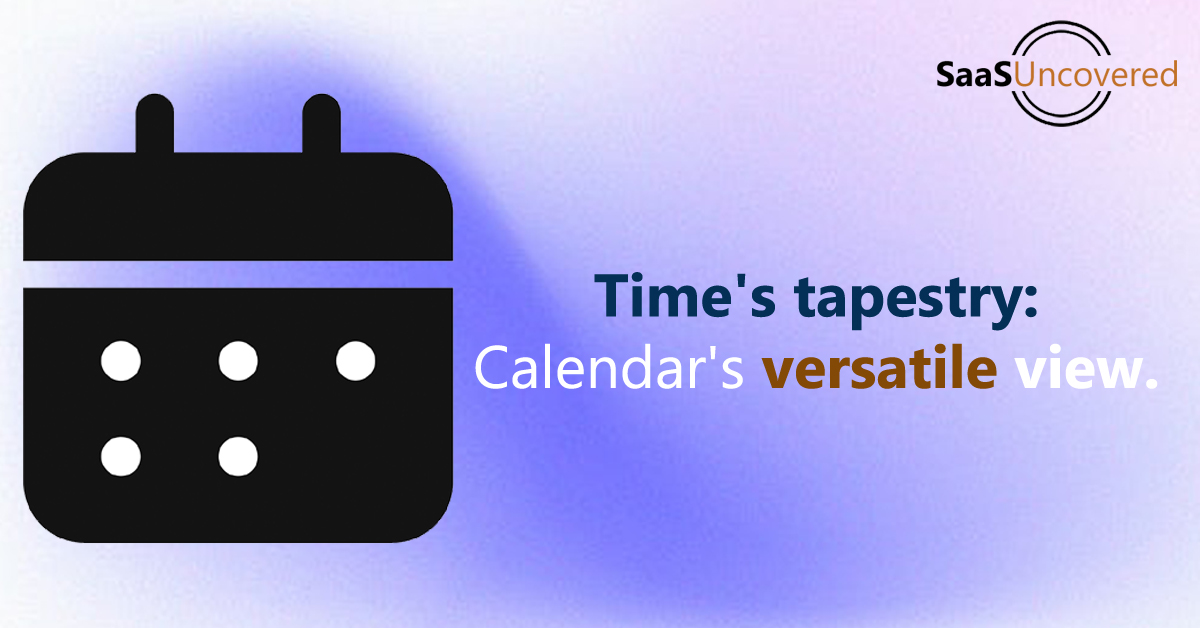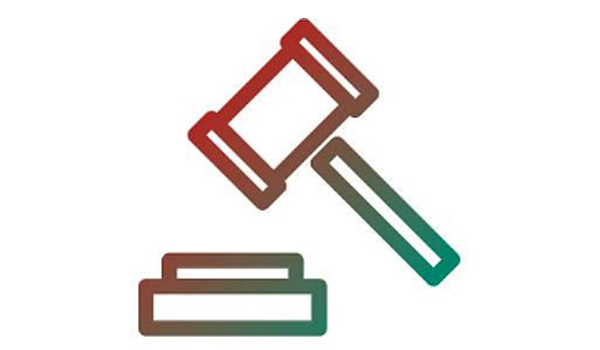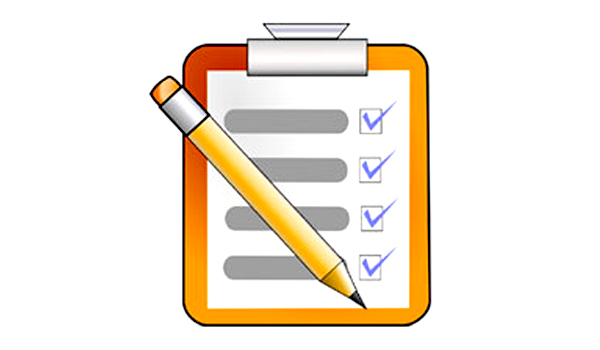Calendar View
Calendar view is a feature within calendar software where the user can choose from various formats to view the calendar.
Updated: October 30, 2023

Calendar view is a feature within calendar software where the user can choose from various formats to view the calendar. Data are allowed to be displayed in a variety of formats, including layout, visibility preferences, timeframe, as well as the option to view multiple calendars at the same time in various calendar views. For example, users are allowed to view both an individual and shared calendar within the same window in calendar view. It is a convenient way to manage multiple schedules.
Calendar software is used in many industries to organize appointments, tasks, and goals to manage internal and external schedule availability as well as streamline the internal activities of an entire business. Calendar software can be used by businesses in the service industry to manage client bookings in addition to technician availability. Calendar view software is used by other businesses for time and meetings management, as well as managing external and internal events.
Administrators and users who manage multiple calendars can display calendar by preferred time frame, easily view multiple events and calendars and view the day at a glance. You should take the time to learn all of the features available in the software and utilize color options to get the most out of the calendar view feature.
Benefits of using a calendar view
- At-a-Glance Information: Easily see upcoming events and tasks.
- Efficient Time Management: Plan and prioritize tasks effectively.
- Visual Organization: Reduce scheduling conflicts with a clear layout.
- Easy Event Creation: Simplify event management and updates.
- Cross-Platform Access: Access and sync schedules across devices.
- Color-Coding: Categorize and identify tasks quickly.
- Integration: Seamlessly connect with other software and tools.
- Reminder Functionality: Set custom alerts to avoid missing events.
- Long-Term Planning: Schedule events well in advance.
- Collaboration: Coordinate with others for group scheduling.
- Time Zone Management: Handle different time zones effortlessly.
- Recurring Events: Automate repetitive event scheduling.
- Holiday and Vacation Tracking: Include non-working days in planning.
- Time Blocking: Allocate focused work periods in your schedule.
- Meeting Scheduling: Find suitable times for meetings.
- Goal Tracking: Monitor progress towards personal and professional goals.
- Historical Reference: Maintain a record of past events.
- Portability: Access your schedule on mobile devices.
- Customization: Tailor the view and details to your preferences.
- Backup and Sync: Safeguard data and keep it synchronized.


